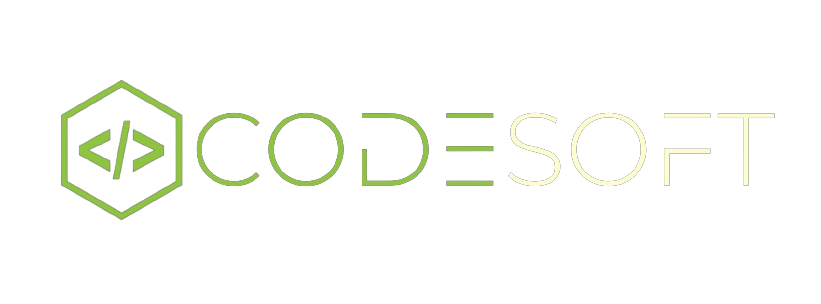Key Elements of Content Marketing:
Content marketing is a strategic marketing approach focused on creating and distributing valuable, relevant, and consistent content to attract and retain a clearly defined audience. This method aims to drive profitable customer action by providing insightful and engaging information that addresses the audience’s needs and interests. By positioning the brand as a trusted authority and building a strong relationship with its audience, content marketing helps in fostering brand loyalty and encouraging repeat business.

Audience-Centric Approach
Content marketing starts with understanding the target audience’s needs, interests, and pain points. By creating content that resonates with them, brands can build trust and credibility.

Value and Relevance
Successful content marketing provides value to the audience. This can be in the form of educational content, entertainment, solutions to problems, or inspiration. The content must also be relevant to the audience’s stage in the buyer’s journey.

Measurable Goals and Metrics
Content marketing efforts should be tied to specific goals such as brand awareness, lead generation, customer retention, or sales. Metrics like website traffic, engagement rates, conversion rates, and customer lifetime value help in measuring the effectiveness of content.
At its core, content marketing aims to provide value to potential customers without directly promoting a brand or product. Instead, it seeks to build trust, establish authority, and foster relationships with the audience by addressing their needs and interests through valuable information, education, or entertainment.
At CodeSoft, we use modern technologies and a customer-centric approach to deliver customized solutions that drive your success. Partner with us to elevate your digital presence and achieve your business goals. Contact us today to get started.
Make an appointment
Let’s make something great together!

Our Faq Now
General Asked Questions
Understanding SEO Philosophy Google aims to deliver the most relevant and valuable results. Effective SEO strategies align with this goal, ensuring users find what they seek.
Leveraging Content Marketing for SEO Success Google ranks pages based on keywords, time on page, content length, and backlinks. High-quality content improves these factors, boosting domain authority and search rankings.


















